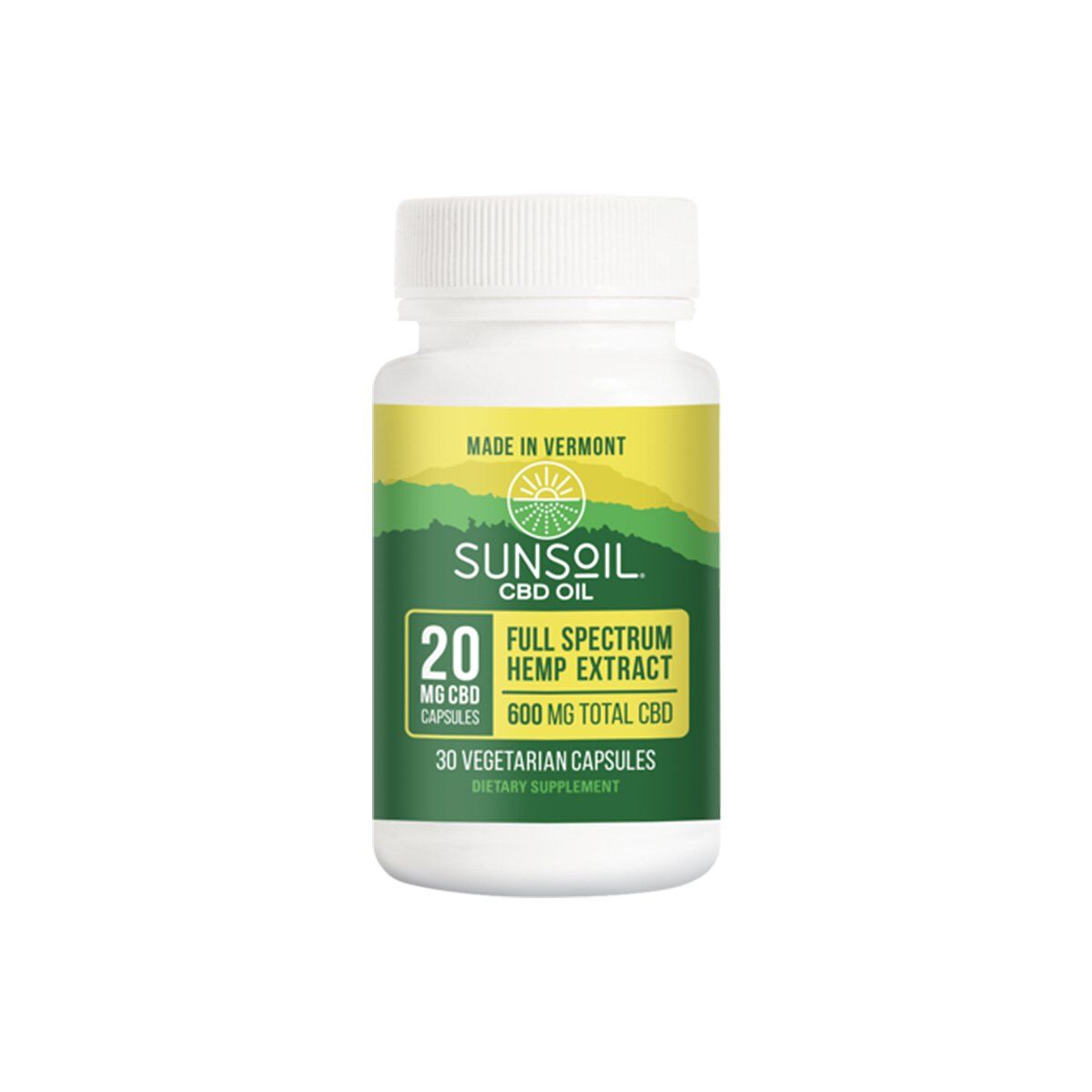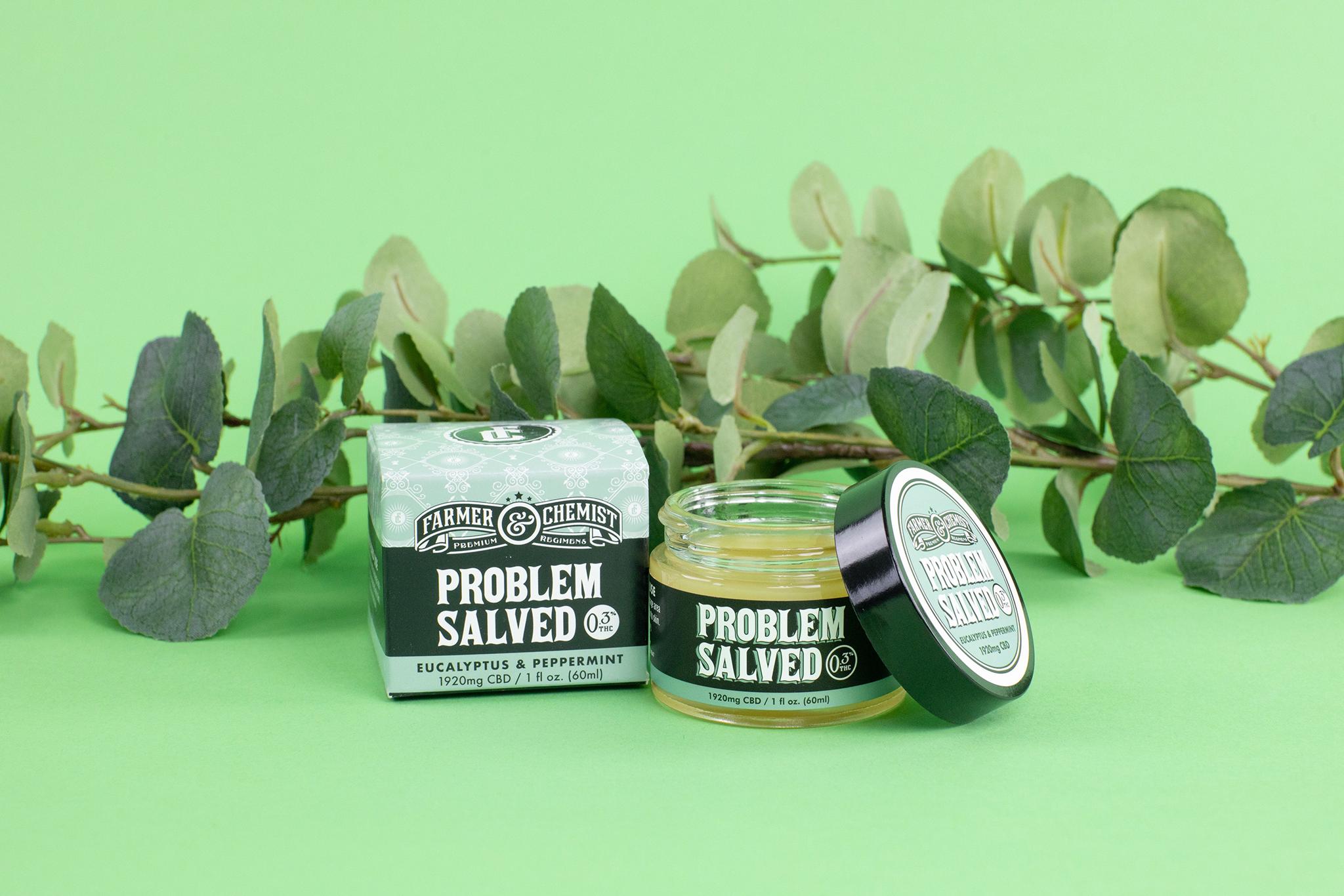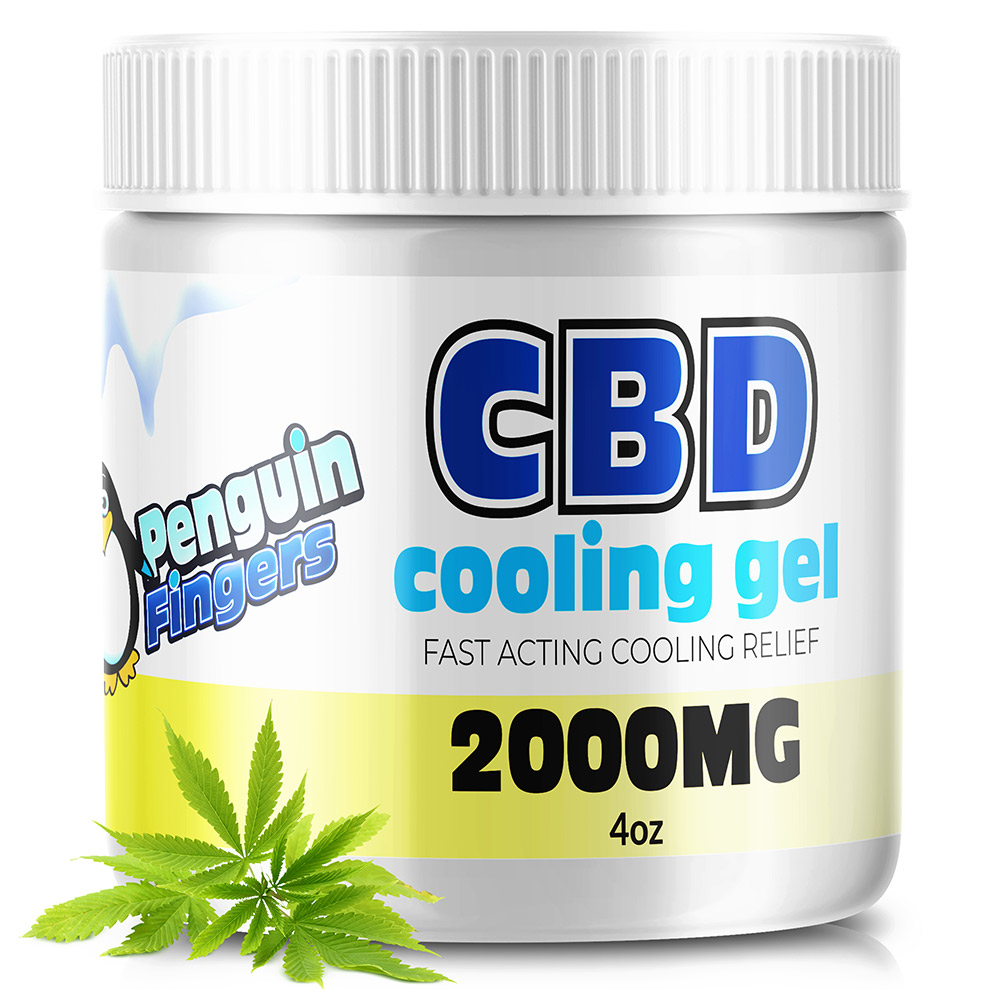
Many people feel nausea from time to another and are looking for ways to ease their symptoms. There are a variety of medications that can be taken to help relieve the pain, but some people prefer natural alternatives such as CBD for nausea.
CBD can be an effective and safe treatment for nausea. It is also beneficial for other health issues, including anxiety. It is best to consult your doctor before taking it. You can start with a low dosage and work up to the highest amount that your doctor recommends.
The brain releases neurotransmitters which cause nausea. Anandamide is what causes the feeling. Anandamide is a chemical that can be made naturally in the body. But, it can also become toxic when it is exposed fatty acid amide hydroxylase (FAAH). Using a supplement that contains CBD for nausea can slow down the breakdown of anandamide and provide relief.

Nausea is an unpleasant feeling in the upper stomach. It can be due to food poisoning or a head injury. You can also use medication to prevent nausea. However, they can cause side effects. CBD can be used to reduce nausea.
People will feel the need to vomit when they are feeling nausea. Anxiety can cause nausea in other ways than vomiting. Pregnancy or nursing women should not take CBD to treat nausea.
Start with a low intake and then increase it gradually. If you take it in conjunction with other anti-nausea supplements, you can help the effects of the CBD to show up sooner.
While CBD is relatively safe, it can cause side effects when combined with other medications. You should inform your doctor about any medication you take.

You should consult a doctor before using CBD for nausea. Depending on your particular health condition, your doctor may prescribe an alternative treatment.
Three types of CBD are available: CBD-derived products from hemp, CBD-derived products from marijuana, and full-spectrum CBD oil. Each one can help with different ailments so make sure you choose the best for you. CBD products come in capsules, pills, or liquid capsules. These are easy to take and will allow you to measure out a precise dosage.
CBD can also be consumed in edible form. CBD gummies can be enjoyed by those who don't like to smoke. They are delicious and convenient. They are convenient and provide the therapeutic benefits of CBD without smoking.
FAQ
Is CBD a good business to invest in?
As people learn more about the benefits of hemp-based products, the market for them continues to grow. By 2022, the market for hemp-based products will reach $1 billion.
The market is expected to continue growing at over 20% per year until 2020 when it reaches $2.5billion.
Hemp oil is already used in many beauty and health care products such as lotions, shampoos, lip balms, moisturizers, body butter, and skin creams.
There are also several companies producing CBD-infused beverages, snacks, pet foods, dog treats, and other food items.
CBD is currently legally available in all 50 States. However, this could change soon. Businesses will find it easier to legally operate legally as more research is done on CBD's potential uses.
With these factors in mind, it's clear that investing in CBD can be a lucrative venture.
How much CBD do I need?
The type of product that you're buying determines how do you decide to do it.
CBD oils come in a variety of strengths, ranging from 100mg-1000mg per bottle.
Some companies make CBD products with specific dosages, such as 25mg, 50mg, 75mg, and 100mg.
Charlotte's Web, for example, makes CBD products that contain precise amounts of CBD.
If you're unsure whether or not CBD will work for you, start with a low dose.
You can always move up later.
What are the prospects for the CBD industry in the future?
The future of the CBD industry is bright. It's easy to see why so many people are jumping on board with this sector. With over $1 billion spent globally by consumers on CBD products alone, it's not hard to see how this market is growing exponentially.
In fact, according to Statista, global sales for cannabidiol (CBD) were expected to reach $22.4 billion in 2019. This represents a nearly 200% increase over 2018!
It is also expected that the CBD market will grow at a compound annual growth of 22.5%. That would translate to approximately $6.8 million in revenue by 2020.
This is great news for companies looking to enter this space as well as those already operating in the sector. But, it is important to remember that the CBD industry is still in its infancy. There will be many challenges.
How can CBD products be successfully promoted by companies in a regulatory-compliant way?
The FDA does no regulate hemp as a crop commodity. The FDA regulates cannabis derivatives (e.g. marijuana) under the Controlled Substances Act. There are currently no regulations regarding CBD.
CBD is legal at state level in 29 US states. Federal law considers it illegal. Businesses looking to sell CBD products are left in uncertainty.
The FDA also has guidelines for how CBD products should be advertised. To make sure that CBD products are clearly disclosed about their THC content, the FDA has established strict guidelines. Companies cannot claim CBD is effective in treating certain medical conditions without supporting evidence.
In addition, the FDA requires manufacturers to submit detailed information regarding manufacturing practices and quality control measures. To prove safety and effectiveness, they require that companies conduct clinical trials.
These are important considerations for companies when creating their marketing strategies.
Which CBD products are most popular?
CBD products are everywhere these days. These products are being used to treat everything, from anxiety to pain relief. The market is huge and growing fast.
But what do people buy CBD for? How does this impact you as a brand manager?
Statista reports that CBD products have relaxing properties. They can also be used to treat inflammation.
This means that your product can be sold for medicinal or recreational purposes if it contains CBD and THC.
What about brands that focus on a specific purpose? A company selling CBD for stress relief is an example of a brand that will not be challenged.
Additionally, a brand that focuses solely on CBD for medical purposes will enjoy a large customer base.
However, if a brand wants to target recreational users, then they need to create a unique selling proposition (USP). A USP simply means a distinctive feature or benefit that differentiates a brand's competitors.
For example, some brands offer free shipping, while others offer discounts for bulk orders.
What are the most common mistakes companies make when they try to enter the US market for cannabinoid products?
Uncertainty about the regulations for cannabis products is the first mistake. This could mean that you may have to change your product formulation.
The second is not knowing how you should label your product. Know whether your product contains THC, CBD or both.
Finally, you must know how to package your product correctly. If your product does contain THC, then you must ensure that it is packaged in child-resistant containers.
If your product does NOT contain THC you should still adhere to all packaging laws. There is a lot of states where cannabidiol, or CBD (CBD), is legal.
You should also keep track of recalls that may have occurred with your products. If your product is defective, you should notify customers immediately.
Statistics
- CBD seems unlikely to directly influence sleep in healthy humans [115] (and maybe “sleep-promoting” in those with certain comorbid conditions) (ncbi.nlm.nih.gov)
- OralWhere HED is the human equivalent dose, and Km is a correction factor estimated by dividing the average body mass (BM) of the species (60, 0.020, and 0.150 kg for 11 humans, mice, and rats, respectively) and by its surface area (see: Nair et al. (ncbi.nlm.nih.gov)
- A recent study [161] also found that in vitro CBD treatment (i.e., ≤ 2 h exposure to 10 μM) induced ~40% vasorelaxation in isolated (pre-constricted) (ncbi.nlm.nih.gov)
- As a substance that was federally illegal before the passage of the 2018 Farm Bill, hemp-derived cannabinoids with no more than 0.3% THC still face a regulatory grey area. (forbes.com)
- HR −16 mmHg; 95% CI −26, −6; I2 = 92%) (ncbi.nlm.nih.gov)
External Links
How To
How to become certified for selling CBD products
One of many cannabinoids found within cannabis plants is CBD (cannabidiol). It has been used medicinally in many countries throughout history, including traditional Chinese medicine and India. The ability to treat conditions such anxiety, pains, epilepsy, and inflammation has made CBD products extremely popular in recent times. There is no formal certification program for CBD products. At least, not in the U.S. Anyone who wants to sell CBD products will have to use the "unofficial", self-certification process.
You have two options. The first is to join a local association of canna-business owners. This way, you can learn from others while getting support and advice. There are currently numerous associations all over the country. Second, you can go online. Most states now allow canna-businesses to operate online. If this is the case, then you can establish your own website immediately and start accepting orders. You must register with the Department of Public Health in your state. Once you have registered, it will be possible to apply for your license through the state's department public health. Once you receive your license, you're officially allowed to open your store and begin accepting orders.